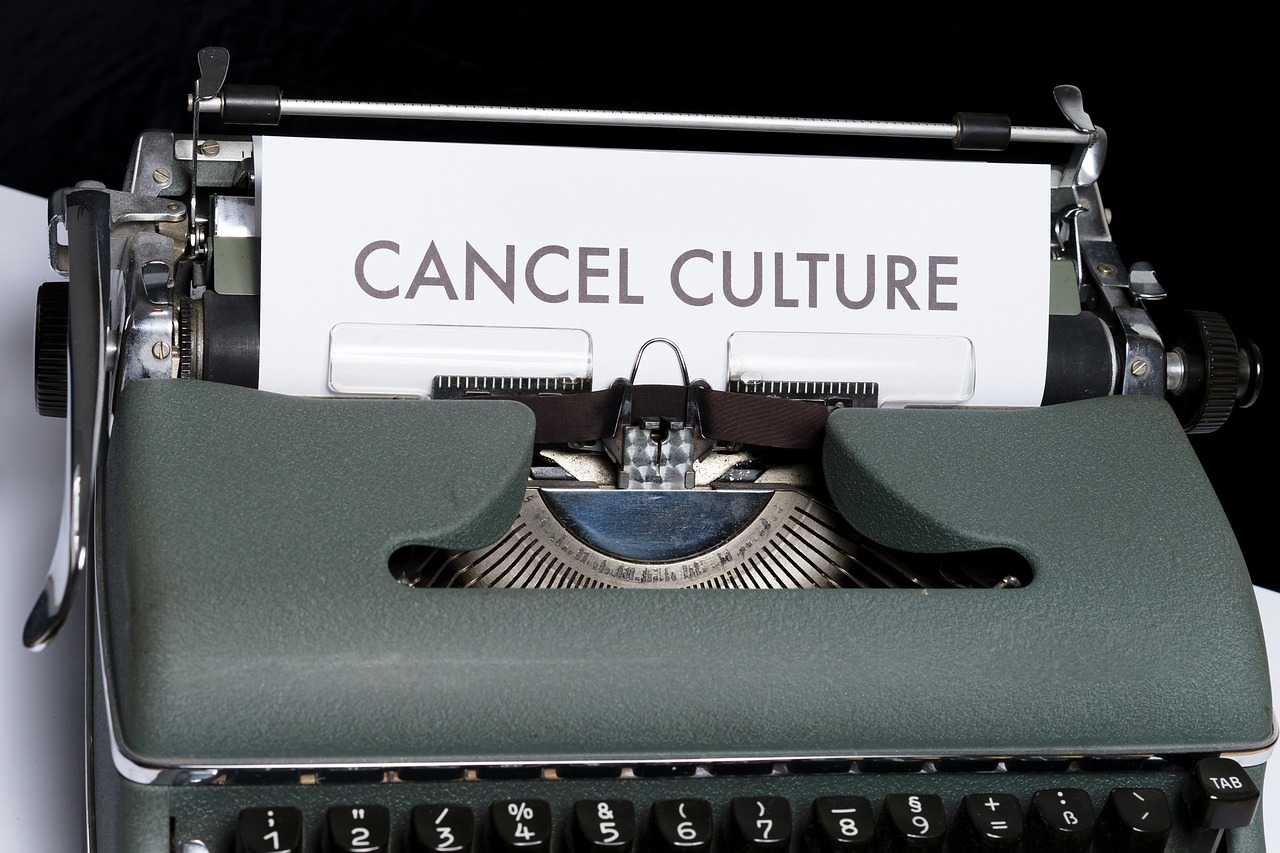Political Correctness and the Label of Islamophobia as Tools to Suppress Critical Thinking
Cancel culture can be described as a modern form of ostracism, where individuals, groups, or value systems that deviate from the canon of political correctness are removed from public life. Literary works whose content is deemed undesirable by the cancellers are censored. We have reached a point where even William Shakespeare and many other writers, whose works belong to the canon of Western literature, are being labeled as racists. Cancel culture disregards historical context and judges past events and phenomena by today’s standards. In a short period, the target of cancellation is branded a dangerous fascist, racist, or xenophobe.
Repressive Tolerance
Herbert Marcuse, one of the leaders of the so-called Frankfurt School of neo-Marxism, introduced the concept of “repressive tolerance.” He argued that all ideas that are not left-wing should be declared intolerant and excluded from public life. This is precisely what we have witnessed since the time of the 1968 revolution up to today, where social media has become the main instrument of cancellation. Every individual must be extremely careful about what they write to avoid having an old post pulled up and being subjected to a public lynching years later.
It is clear that cancel culture also targets individuals who criticize mass migration. As Marcuse and other members of the Frankfurt School identified, all kinds of minorities were labeled as new instruments of cultural revolution. As stated in the Paris Declaration, signed by prominent European conservative intellectuals in early 2018: “Political leaders who speak uncomfortable truths about moral values, Islam, or migration are dragged before judges. Political correctness imposes taboos that make any questioning of the ‘status quo’ completely unacceptable.”
In November 2022, the European Parliament passed a resolution on racial justice and non-discrimination in the EU, expressing concern about the ongoing spread of racist and xenophobic conspiracy theories that incite hatred and violence, including hate crimes worldwide. There was also concern about how theories like the “great replacement theory” were included in the political discourse of several far-right politicians in member states. In the same resolution, the European Parliament called on EU institutions to implement a strong, inclusive, comprehensive, and multi-faceted approach to effectively combat all forms of racism and discrimination.
Of course, there is no problem in fighting real racism and discrimination, but the question arises: who defines these terms? The fight against racism is often used to silence those who criticize mass migration. Similarly, “sins of the past” are constantly imposed on Europe to silence contemporary critics. Only European history is judged by its worst pages.
Islamophobia: An Instrument of Political Correctness in Controlling Public Discourse
Speaking about the downsides of migration means declaring one’s intolerance, narrow-mindedness, and latent racism. Platitudes about freedom of speech have little effect here. When cases of mass rapes of girls in Rotherham reached the courts, it was revealed that police and other institutions and individuals had not reported such cases out of fear of being labeled racist.
It is often encouraged to highlight only the positive aspects of migration while extolling other cultures, while the local European culture is frequently pushed into the background. This approach reflects a tendency toward oikophobia, or disdain for one’s own culture and tradition. Multiculturalism, though intended as a model for the coexistence of different cultures, sometimes carries elements of self-denial, where the values of one’s own culture are insufficiently appreciated compared to others.
One of the most common labels used by cancel culture to silence migration critics is the label of “Islamophobia,” which some leftist groups aim to portray as “the anti-Semitism of the 21st century.”
French academic Sylvain Gougenheim, a medievalist, was labeled an Islamophobe simply for publishing an essay in which he wrote that texts from ancient Greece were preserved by Syrian Christians, not Arab Muslims, who did not know Greek.
The Leopold Weiss Institute publishes a European report on Islamophobia, where many individuals are often labeled Islamophobes without any basis, effectively painting targets on their backs. Who guarantees that these individuals won’t become victims of Islamist terrorist attacks tomorrow? The perversion is even greater, as the sponsors of Islamophobia research are often Islamic countries where human rights are massively violated and people are killed for having different religious views. Their goal is certainly not to fight Islamophobia but to promote the Islamization of Europe. The label of “Islamophobia” is simply a hammer used to silence critics.
In the Netherlands, Denmark, and other European countries, politicians who oppose mass immigration—particularly the influx from certain communities—live under constant police protection, often sleeping in different locations and sometimes residing in military bases. Individuals in the Netherlands have even been killed for criticizing mass migration. There is no doubt that the foot soldiers of cancel culture contributed to painting targets on their backs, leading to their eventual liquidation.
Despite increasingly strong efforts to silence critics of mass migration, parties critical of migration are gaining more political support across Europe, and in many countries, they are even in power. This ensures that free speech cannot be suppressed. The growing fear of migration and changes to Europe’s identity is prevalent among the public, making it necessary to exclude certain viewpoints from cancel culture and recognize them as legitimate in public debate. The constant labeling of critics as fascists and racists has become counterproductive, diluting the real meaning of these terms. Maintaining constructive dialogue on important topics like migration is crucial for preserving democracy and freedom of thought in Europe.
